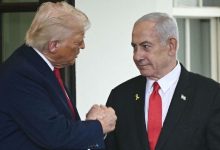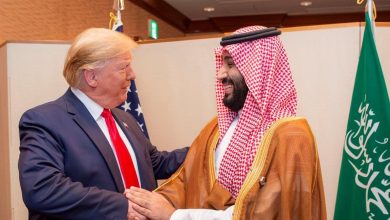Trump’s 25% Auto Tariffs Trigger Global Backlash and Trade War Fears
World leaders, automakers, and economists warn of soaring car prices, job losses, and escalating global trade tensions as U.S. imposes sweeping tariffs on imported vehicles.
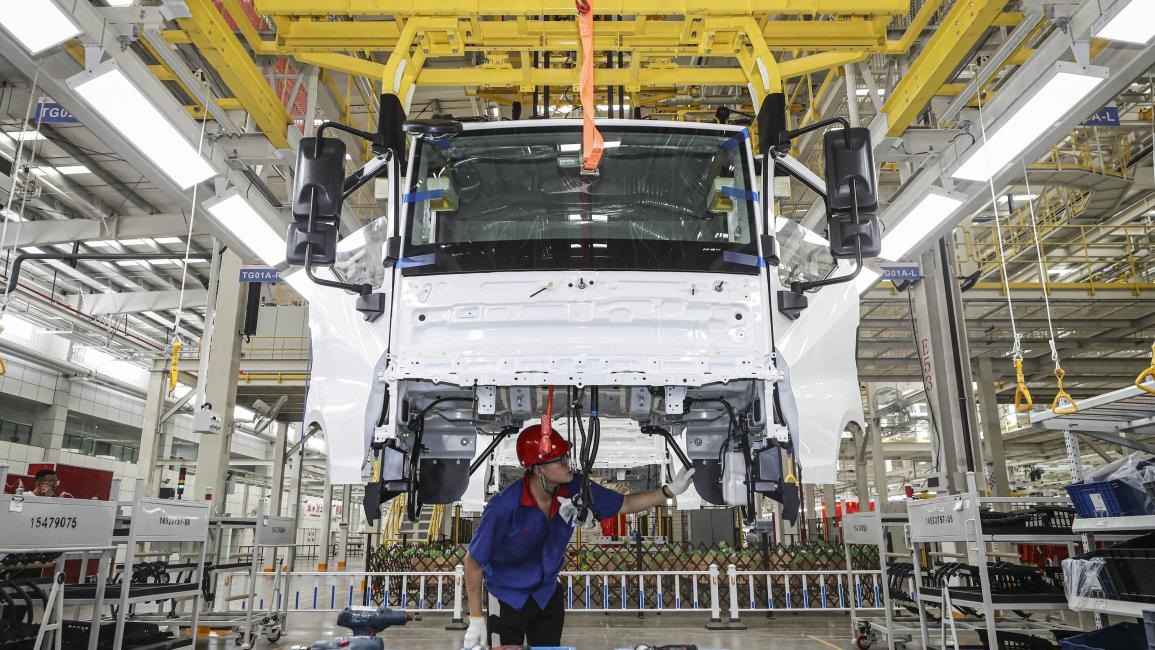
Watan-A global wave of condemnation, particularly from industrialized nations, has swept the world in response to the new 25% tariffs on cars announced late Wednesday by U.S. President Donald Trump’s administration. Surprisingly, the damage is also affecting American companies. While several countries are threatening retaliatory measures, the Trump administration has escalated matters further by threatening additional tariffs—signaling that the trade war Trump ignited in his first term is intensifying.
Trump Threatens EU and Canada with More Tariffs
On Thursday, Trump threatened to impose more tariffs on the European Union and Canada if they cooperate to “harm the U.S. economy.” He wrote on Truth Social: “If the EU works with Canada to inflict economic harm on the U.S., broad tariffs—far beyond what’s currently planned—will be imposed to protect the best friend either of them ever had,” according to AFP.
After targeting steel and aluminum, and with lumber and copper next, Trump’s move to impose 25% tariffs on all vehicle and auto part imports has shaken both U.S. and global auto manufacturers. Reuters warned this could raise the price of a mid-range American car by thousands of dollars and severely disrupt North American vehicle production, which relies heavily on integrated operations between Canada, Mexico, and the U.S.
According to GlobalData, nearly half of all vehicles sold in the U.S. last year were imported. Shares in General Motors dropped 8%, while Ford and Stellantis lost around 4.5% each. In Asia, Toyota, Honda, and Hyundai stocks fell between 3% and 4%. Even Tesla, which manufactures in the U.S. but imports parts, fell 1.3%.
Trump’s tariffs and ongoing threats have created uncertainty for businesses and turmoil in global markets. He repeated on Wednesday his belief that the tariffs would push automakers to invest in the U.S. instead of Canada or Mexico.
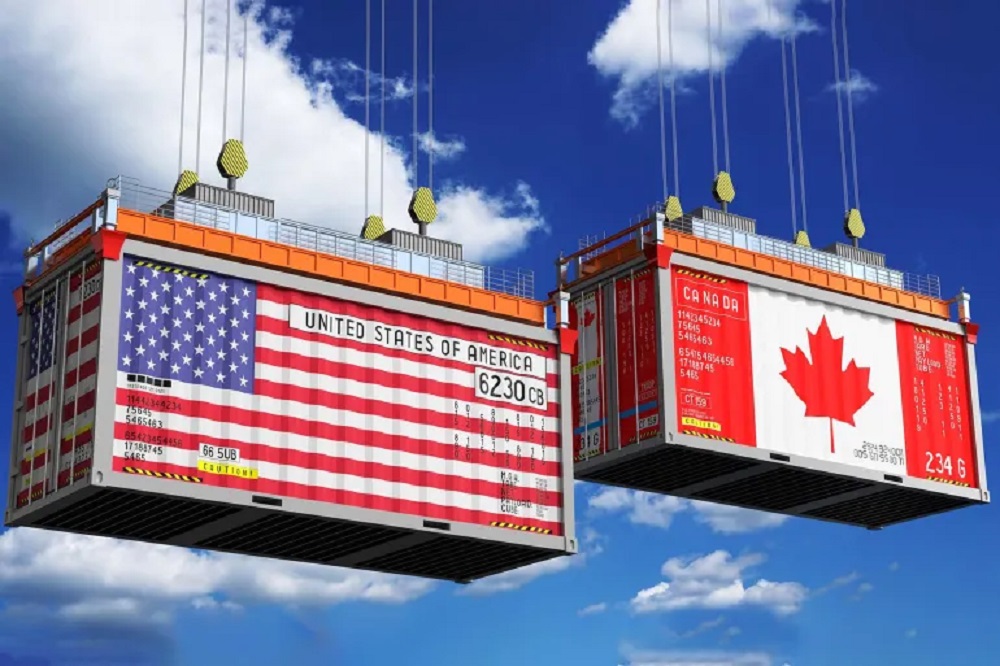
Shock in the Auto Sector
The Auto Drive America group, representing major foreign automakers (Honda, Hyundai, Toyota, Volkswagen), said:“These tariffs will raise production and sales costs in the U.S., leading to higher prices, fewer consumer options, and a drop in U.S. manufacturing jobs.”
The American Automotive Policy Council warned that the tariffs must not result in higher consumer prices, urging that they be applied in a way that preserves North American competitiveness.
Meanwhile, the United Auto Workers union praised Trump’s move, saying it could restore thousands of well-paying auto jobs across the U.S. within months.
Tesla CEO Elon Musk acknowledged the negative impact, posting on X that:“Tesla is not spared. The impact of tariffs on Tesla remains significant.”
North American automakers have operated under free trade conditions since 1994. The 2020 USMCA agreement, brokered by Trump, aimed to boost local component production. After imposing 25% tariffs on Mexico and Canada in early March, Trump granted a one-month grace period for cars produced under USMCA rules. The White House announced that the new 25% tariffs on auto parts will take effect no later than May 3, targeting engines, transmissions, drivetrain components, and electrical systems.
Importers under USMCA may verify their U.S.-made components to avoid tariffs on American-made parts. Still, Cox Automotive projected the tariffs could increase U.S.-made car prices by $3,000 and Mexican/Canadian ones by $6,000, disrupting auto production by mid-April and slashing output by 30%, or 20,000 vehicles per day.
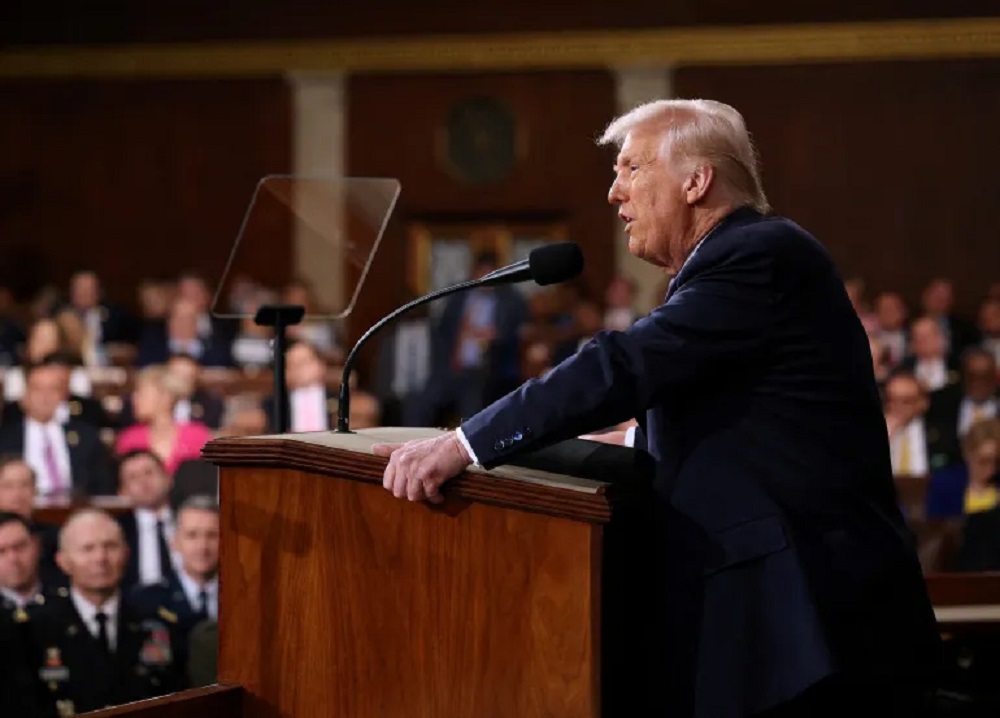
International Backlash: Canada, Mexico, Brazil
If fully applied, tariffs on Canadian and Mexican vehicles could reach 50%. Canadian PM Mark Carney called it a “direct attack on workers”, vowing to defend Canadian industries.
Brazil’s President Luiz Inácio Lula da Silva said his country won’t stand by as Trump imposes tariffs on Brazilian car exports:“We won’t just sit back and accept that only they can tax others,” he said in Tokyo.
China Rejects Trump’s “Tariff Relief for TikTok” Offer
China’s Foreign Ministry spokesperson said:“There are no winners in a trade war,” rejecting Trump’s offer to ease tariffs in exchange for China selling TikTok. He emphasized that new U.S. tariffs violate WTO rules and won’t solve America’s economic issues.
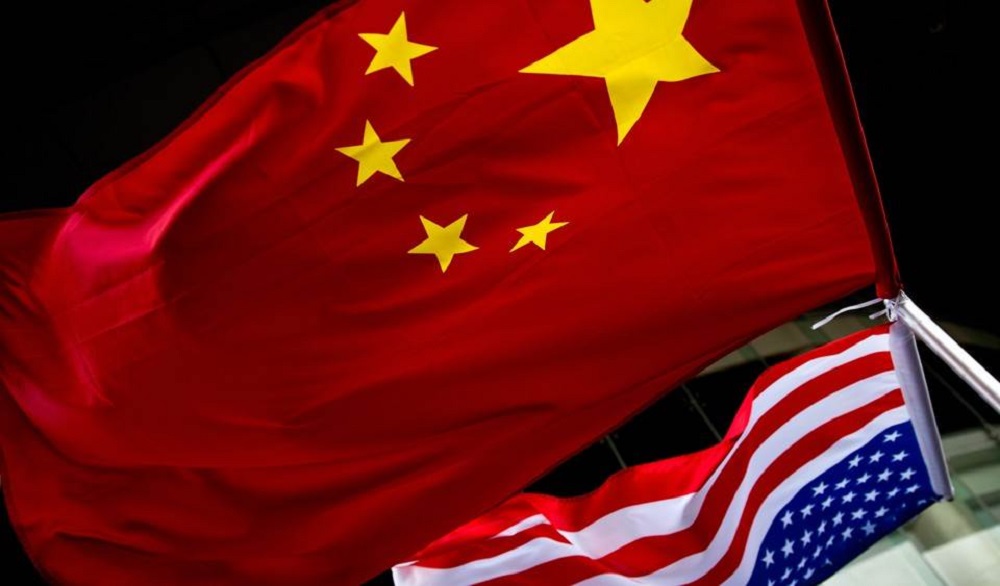
European Union Response
European Commission President Ursula von der Leyen expressed regret over the U.S. tariffs, stating: “Car manufacturing drives innovation and high-quality jobs on both sides of the Atlantic.”
She called the tariffs “a form of taxation” harmful to companies and consumers and said the EU will assess U.S. actions and seek solutions through negotiation while protecting European interests.
Germany, UK, South Korea, Japan React
-
Germany’s carmakers association called the tariffs a “fatal signal against free trade.”
-
The UK auto industry urged for a deal to avoid the “disappointing” U.S. duties.
-
South Korea’s industry minister warned of serious impacts and promised emergency measures by April.
-
Japan expressed “deep regret,” warning the tariffs would harm U.S.-Japan trade and the global economy.
Prime Minister Shigeru Ishiba said Japan is considering “all options” to respond.
Cars represent ~28% of Japan’s exports to the U.S. (about $40 billion out of $142 billion), and the industry employs 10% of Japan’s workforce. The tariffs caused a sharp drop in Japanese automaker shares, including Toyota and Honda.

